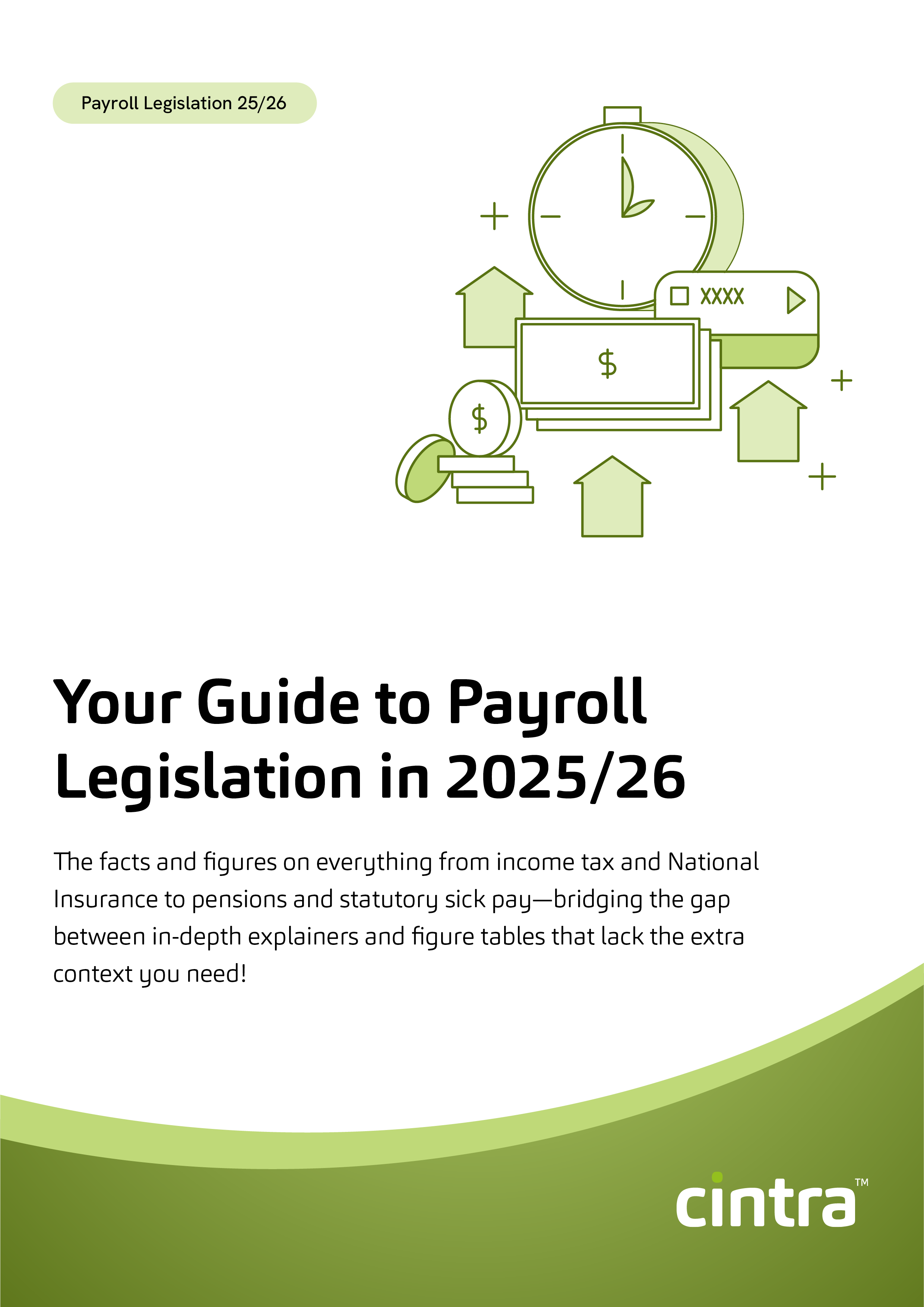International payroll reporting can be a pretty tricky business. As a global concern, you’ve got myriad obligations to fulfil, compliance to…comply with and gazillions of payroll data points you need to compile into accurate consolidated reports. Proving that your payroll is ticking all the right boxes is vital.
Why accurate reporting is everything
Compliance. Every payroll person’s favourite word. As a global organisation you’ll be faced with complex compliance requirements, so it’s crucial that you report your payroll accurately and correctly. If you don’t? You could be hit with legal consequences, such as prosecution, litigation, investigations and eye-watering financial penalties.
What are you supposed to be reporting?
Oh, you know, those minor details like tax filings, social security and the like! To make things complicated, each jurisdiction you operate in will have different requirements when it comes to reporting. Let’s look at some of the common and obvious ones:
Tax filings: Getting tax right across your different countries is no mean feat, as is accurately reporting it. Incorrectly calculating tax or missing the reporting deadlines are huge risks. Each country has its own tax code and your company will be responsible for withholding the tax and making correct payments to the government.
Social security contributions: Where you operate, you’ll have to declare and send social security contributions from both employer and employee contributions to the responsible collection authorities.
Employee benefits: Another common report that’s mandatory in many countries is a summary of global employee benefits your organisation offers and the total compensation an employee has received.
So how does it look around the world?
When it comes to reporting, there’ll be different rules for each place (of course…).
Let’s take Italy for instance. With its labour laws and head-scratchingly complex tax rules, it makes for rather challenging payroll reporting. Thanks to its payroll taxes being levied on a national and local level, you’ll have to contend with several differing reporting deadlines over the course of the year. Of course, the responsibility falls to you to make sure the correct tax is withheld. Then once yearly you’ll have to file an in-depth report to the Italian tax authority.
France have no less than seven reports that require filing with the authorities on an annual basis. Some of these include a statement detailing all employee benefits and total compensation paid to employees, an annual social security summary and a report including medical and life insurance contributions.
Spain is also complex when it comes to payroll. Frequently changing taxation laws make it difficult to stay abreast. One such example was a new set of rules brought in in 2019, which dictates the mandatory recording of employees’ working hours on the daily!
In the US, certain reports are required on a bit more of a frequent basis. Federal taxes have to be reported and filed (with a “Form 941”) every three months. Certain reports are required on a monthly basis. Processing deadlines vary by state and region, so do your due diligence.
The importance of data security
When it comes to reporting, keeping sensitive data safe is complex. You’ll likely find yourself transferring large amounts of confidential info, sometimes abroad. Not only is it vital to keep it all safe from prying eyes and would-be fraudsters, it’s also a matter of compliance (and eventual reporting of said compliance).
You must make sure you stay compliant with any data protection legislation in the country you operate in. To not do so will expose you to huge penalties. And the usual: legal action, reputational damage, low employee morale.
Keeping your data safe on a global stage
Let’s take a look at how your reporting data is kept safe in the EU and the US.
In the European Union, the “Data Protection Directive” is responsible for regulating personal data under a National Data Authority in countries that are EU members.
Stateside, organisations are obligated to self-certify that they are following data protection practices via the US-EU Safe Harbor Framework.
Under GDPR, organisations are only able to transfer personal data to a receiver in a country that is covered by a European Commission adequacy decision (unless there is a valid exception). In the case of exception and subject to approval of the Intellectual Property Office (of the UK), the sender and receiver agree to a set of clauses. This is when an International Data Transfer Agreement takes place. This makes sure that “adequate safeguards” are there to protect the good stuff. The idea is that a level of protection is afforded to the data akin to that that the GDPR affords in European and UK countries.
It goes without saying that your payroll software or provider should have (more than) adequate virus protection and meet stringent certifications for safety and security, such as the ISO 27001 standards.
Implement internal controls, divide duties and regularly review…
Ever heard the saying “an ounce of prevention is worth a pound of cure?” That’s what happens when you establish solid internal controls from the get-go. We’re talking about a) compliance (it’s always about compliance) and b) protecting your payroll information.
Internal controls stop dishonest employees from accessing sensitive information and from fraudulently gaining money from your organisation through falsifying records and overpayments.
It’s also important to share the workload when it comes to payroll. We mean that duties should be distributed between more than one member of your team, because it means that the buck doesn’t stop with one person. Segregation of duties is important for all sorts of reasons, fraud and embezzlement being massive ones.
Regular payroll compliance audits and reviews of your processes can also help to minimise any compliance and accuracy risks your payroll teams face. Examine everything. We’re talking technology, systems, codes and your team. Conducting audits will help you see where you can improve and how to further minimise potential international payroll risks with compliance and reporting.
Outsourcing international payroll
There are challenges aplenty when it comes to payroll compliance and reporting. There’s a lot to get right and getting it wrong is a pretty costly exercise. It begs the question: why shoulder the burden?
One solution is to invest in outsourcing your international payroll. For starters, it’s a wonderful way to quickly improve compliance (and avoid common pitfalls) and increase reliability and consistency—especially if you operate in multiple countries, each with separate payrolls.
Moreover, you’ll free up precious time to focus on your organisation, save money you would have otherwise spent on training and employing staff and (perhaps, most importantly?) go to sleep at night…content in the fact that your organisation is fully safe and fully compliant.
Before you do, though…
It may take a bit of digging to find the perfect global payroll partner, but once you do, you’ll realise how much simpler things can be. Before going all in, we advise you to take a few things into consideration:
- Make sure you select a provider who has experience in the region where you operate.
- Make sure they have solid knowledge and expertise in the local and national compliance and legal frameworks.
- Consider if their technology is up to scratch. Is it safe and secure? And is it simple and straightforward to use?
- Have a Service Level Agreement (SLA) in place. This sets out what you can expect from your provider and how they’ll rectify any problems should they fall short of your expectations. This is super important because if they fail you, it’s going to cost you, your reputation and impact your employees.
Reporting is a cinch with Cintra Global by your side
Reporting and compliance are tough gigs. Here at Cintra Global we have the global payroll solution to get you unstuck and it includes nifty reporting and compliance filings. Payroll is our thing and we’re proud to have enjoyed a hefty investment into our company to make it pretty spectacular for our customers.
We love to chat payroll and show you how to get international payroll right. Get in touch with us today!


